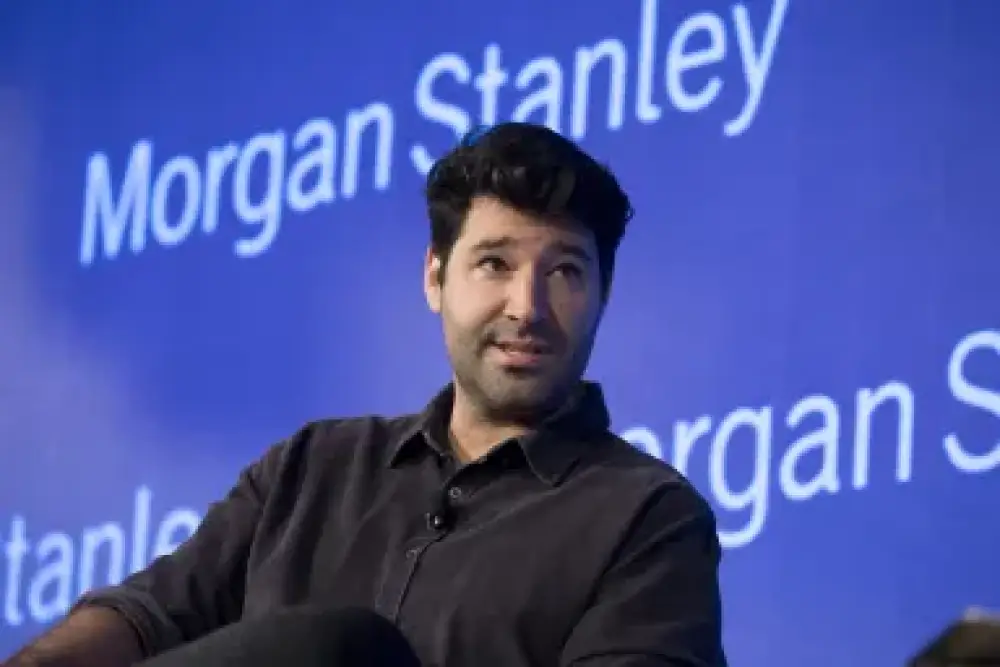- Canva co-founder Cliff Obrecht is on the hunt for ‘AI natives’—even those who have dropped out of college. Speaking to Fortune at VivaTech in Paris, Obrecht said the company sees high value in hiring less traditional candidates who natively understand AI tools and workflows. As AI threatens to change the job market rapidly, Obrecht says that curiosity and adaptability are becoming more valuable than ever.

Đồng sáng lập Canva, Cliff Obrecht ưu tiên tuyển dụng “AI natives” – kể cả sinh viên bỏ học đại học
-
Cliff Obrecht, đồng sáng lập và COO của Canva, tuyên bố tại hội nghị VivaTech ở Paris rằng công ty đang tích cực tuyển dụng sinh viên từ năm 2 đến năm 4, kể cả những người bỏ học đại học, nếu họ là “AI natives” – tức là thành thạo tự nhiên các công cụ và quy trình AI.
-
Những người này thường không có nền tảng học thuật truyền thống nhưng lại giỏi trong việc xây dựng quy trình tự động với AI (agentic workflows) và có tư duy sản phẩm linh hoạt.
-
Obrecht nhấn mạnh rằng sự tò mò và khả năng thích ứng với công nghệ mới giờ đây còn giá trị hơn cả bằng cấp trong bối cảnh thị trường việc làm biến đổi nhanh chóng vì AI.
-
Ông cho rằng thay vì chỉ “nâng cấp kỹ năng AI” cho kỹ sư hiện tại, Canva chọn thu hút tài năng trẻ đã thông thạo AI ngay từ đầu để tạo động lực chuyển đổi văn hóa trong công ty.
-
“AI natives” theo định nghĩa của Obrecht là những người:
-
Hiểu sâu sắc các công cụ AI trong tay họ.
-
Có khả năng kết hợp nhiều AI khác nhau từ nhiều nền tảng, tạo trải nghiệm thống nhất và hiệu quả.
-
Có mục tiêu rõ ràng và biết sử dụng AI như một hệ sinh thái, không chỉ là công cụ đơn lẻ.
-
-
Obrecht bác bỏ quan điểm rằng “AI native” chỉ thuộc về một thế hệ trẻ, mà cho rằng sự tò mò và khao khát khám phá công nghệ mới mới là yếu tố quan trọng nhất.
-
Động thái này diễn ra trong bối cảnh lo ngại gia tăng về việc AI tự động hóa 50% công việc cấp đầu trong 5 năm tới, theo dự đoán của CEO Anthropic – Dario Amodei.
-
Trong khi một số lãnh đạo như CEO Nvidia Jensen Huang phản đối nhận định này, dữ liệu cho thấy một số công việc đầu vào đang dần bị AI thay thế.
📌 Canva đang “lật ngược” quy tắc tuyển dụng khi ưu tiên những “AI natives” – kể cả sinh viên bỏ học – nhờ khả năng dẫn dắt công ty chuyển đổi AI từ bên trong. Theo đồng sáng lập Cliff Obrecht, sự tò mò, hiểu sâu công cụ AI, và khả năng xây dựng quy trình đa AI là yếu tố cốt lõi, vượt lên trên bằng cấp truyền thống.
https://fortune.com/2025/06/17/canva-co-founder-hire-ai-natives-university-dropouts-competitive-job-market/
Canva’s co-founder is looking to hire ‘AI natives’ and university dropouts to train the rest of the company on the tech
Thảo luận
Follow Us
Tin phổ biến



